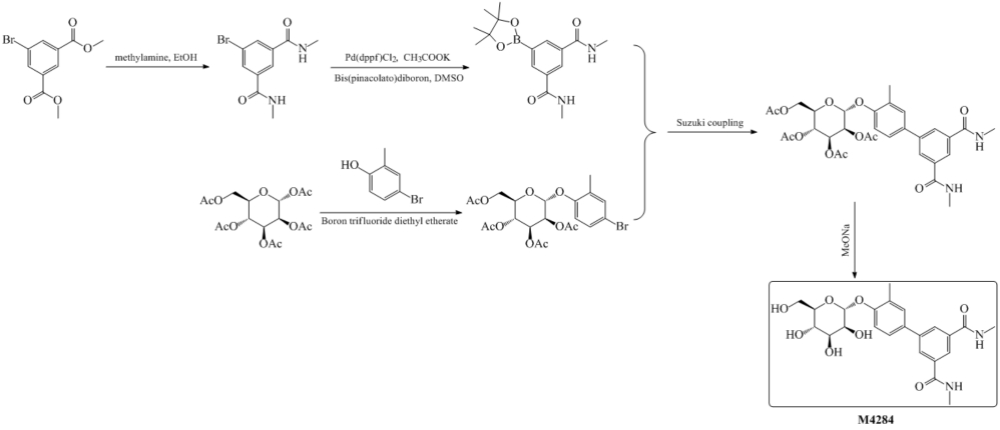
Urinary tract infections (UTIs) are among the most common infections, and they tend to come back again and again, even when treated. Most UTIs are caused by E. coli that live in the gut and spread to the urinary tract.
A new study from Washington University School of Medicine in St. Louis has found that a molecular decoy can target and reduce these UTI-causing bacteria in the gut. With a smaller pool of disease-causing bacteria in the gut, according to the researchers, the risk of having a UTI goes down.
"The ultimate goal of our research is to help patients manage and prevent the common problem of recurrent urinary tract infections while at the same time helping to address the worldwide crisis of antimicrobial resistance," said Scott J. Hultgren, PhD, the Helen L. Stoever Professor of Molecular Microbiology and the study's senior author. "This compound may provide a way to treat UTIs without the use of antibiotics."
The study is published June 14 in Nature.